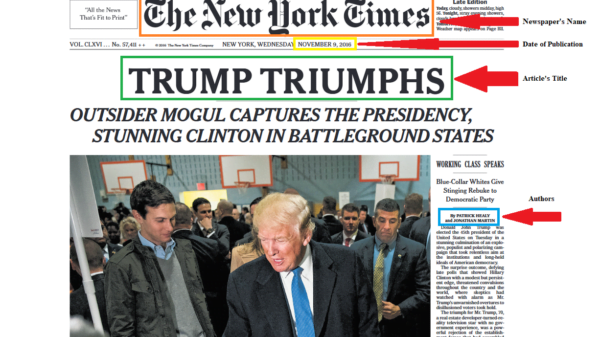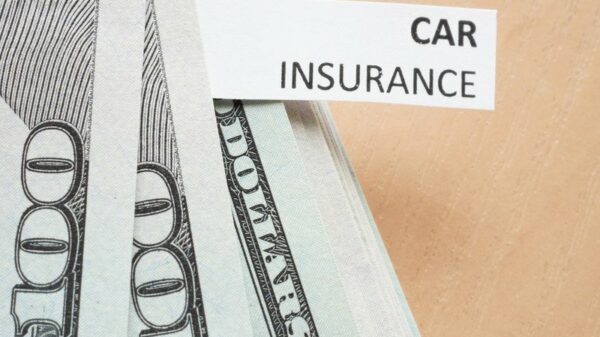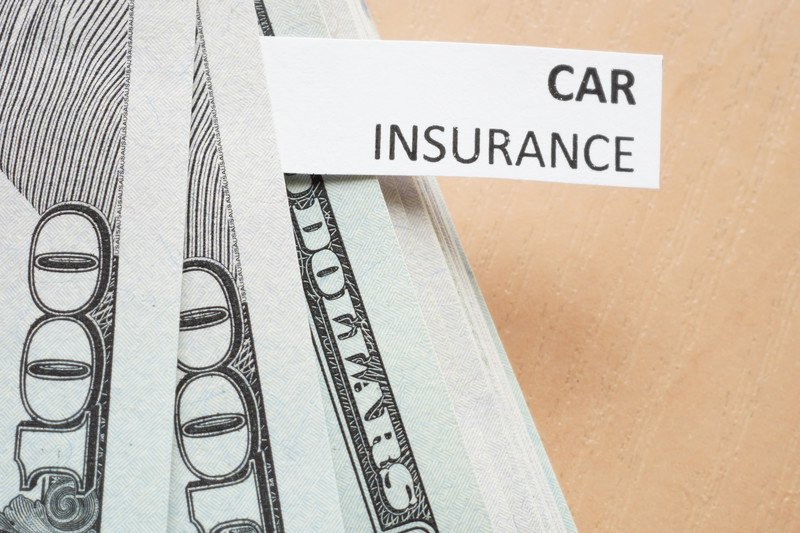Car insurance is a necessity for all drivers. In most states, it is required by law to have at least liability coverage on your vehicle. But what exactly is car insurance, and why do you need it? Car insurance is a contract between you and an insurance company that protects you financially in the event of an accident, theft, or damage to your vehicle. In exchange for paying a premium, the insurance company will pay for damages or injuries resulting from a covered event.
There are several types of car insurance coverage options available, each with different levels of protection and costs. Let’s take a closer look at each of them:
Liability Coverage
Liability coverage is required by law in most states. It covers the costs associated with damages or injuries you cause to other people or their property while operating your vehicle. There are two types of liability coverage: bodily injury and property damage.
Bodily injury liability coverage pays for medical expenses, lost wages, and other damages that result from injuries you cause to others in an accident. Property damage liability coverage pays for repairs or replacement of another person’s vehicle or property if you are found at fault for the accident.
Collision Coverage
Collision coverage pays for damages to your vehicle if you are involved in an accident, regardless of who is at fault. This coverage is typically required if you have a car loan or lease, but it is optional if you own your vehicle outright.
Comprehensive Coverage
Comprehensive coverage protects your vehicle from non-collision-related damages, such as theft, vandalism, or weather-related incidents like hail or flooding.
Uninsured/Underinsured Motorist Coverage
Uninsured/Underinsured Motorist coverage provides protection in case you are in an accident with someone who does not have enough insurance to cover the damages or injuries they caused.
Personal Injury Protection
Personal Injury Protection, or PIP, is required in some states and pays for medical expenses and lost wages for you and your passengers in the event of an accident, regardless of who is at fault. Now that we have covered the different types of coverage options, let’s discuss how car insurance premiums are determined.
Insurance premiums are based on several factors, including your driving record, age, gender, type of vehicle, location, and credit score. A driver with a clean driving record and good credit score will generally pay less for car insurance than a driver with a history of accidents or poor credit.
To get the best rates, it is important to shop around and compare quotes from different insurance companies. It is also a good idea to consider raising your deductible, which is the amount you pay out of pocket before insurance coverage kicks in. A higher deductible can lower your premium, but it also means you will pay more if you are involved in an accident.
In addition to premium costs, it is important to understand the insurance claims process. If you are involved in an accident, it is important to contact your insurance company as soon as possible to file a claim. You will need to provide information about the accident, including photos and witness statements, and work with an adjuster to determine the extent of the damages.
Overall, car insurance is a necessary expense for all drivers. It protects you financially in the event of an accident, and in most states, it is required by law. Understanding the different types of coverage options, how premiums are determined, and the claims process can help you make informed decisions when choosing an insurance policy.




















